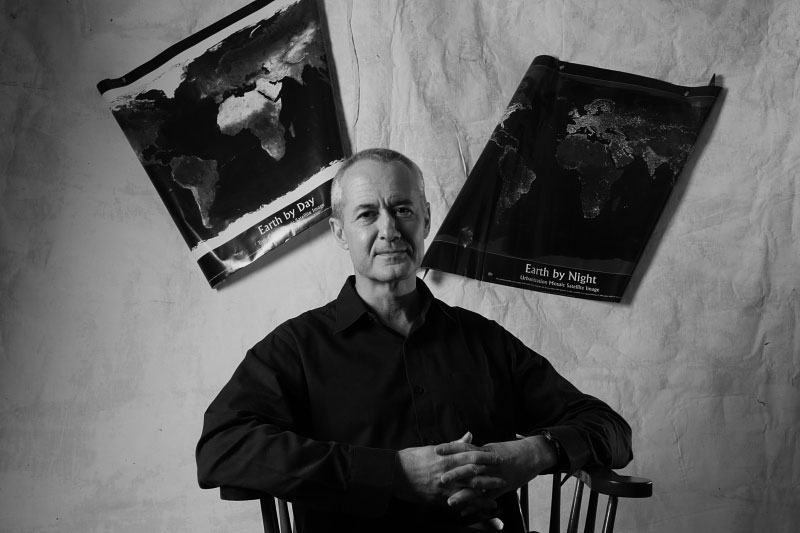Professor Anthony Clayton
ALCAN PROFESSOR OF CARIBBEAN SUSTAINABLE DEVELOPMENT
INSTITUTE FOR SUSTAINABLE DEVELOPMENT
MONA CAMPUS, JAMAICA
Tel: (876) 970-0257 • Email: Anthony.Clayton@uwimona.edu.jm
PROFILE
Caribbean Sustainable Development, UWI Institute for Sustainable Development. He has been a Visiting Professor at the Centre for Environmental Strategy in the School of Engineering at the University of Surrey and the Institute for Studies of Science, Technology and Innovation in the School of Social and Political Studies at the University of Edinburgh, Scotland. He is not only Adjunct Distinguished Professor of Sustainable Development in the Faculty of Business and Management at the University of Technology (UTECH) in Jamaica, but Special Advisor to the President of UTECH. His regional and international research positions include International Associate, Centre for Social and Environmental Accounting Research, University of St Andrew; Honorary Fellow, Faculty of Science and Engineering, University of Edinburgh; and Fellow of the Caribbean Academy of Science.
Professor Clayton is the member of several advisory groups serving the Caribbean Regional Negotiating Machinery, United Nations Environment Programme Division of Technology, Industry and Economics, the Intergovernmental Panel on Climate Change (IPCC), the Fifth Summit of the Americas and the Commonwealth Heads of Government meeting in 2009. He is also on the UK Government Foreign and Commonwealth Office’s Chevening Scholarship Panel for Jamaica.
For his service and leadership excellence, he has been honoured with the 8th World Congress of Consuls Award of Excellence and the Principal’s Research Award for ‘Leadership of the Team that Developed the Foresight-Based Model of Development Planning’.
RESEARCH INTERESTS
• Strategies for national development, innovation and trade.
• Scenario planning, technology and socio-economic foresighting.
• Sustainable development, and the analysis of the social, economic, political, institutional and technological issues involved in a transition to a more sustainable way of life.
• Public policy for science and technology, the social shaping of technology, the relationship between regulation and innovation, the public understanding of science and technology and the relationship between innovation and economic development.
• Cleaner production and eco-industrial efficiency.
• Theories and models of political change and economic development, and the extension of complex adaptive system theory into models of social, economic and ecological systems.
